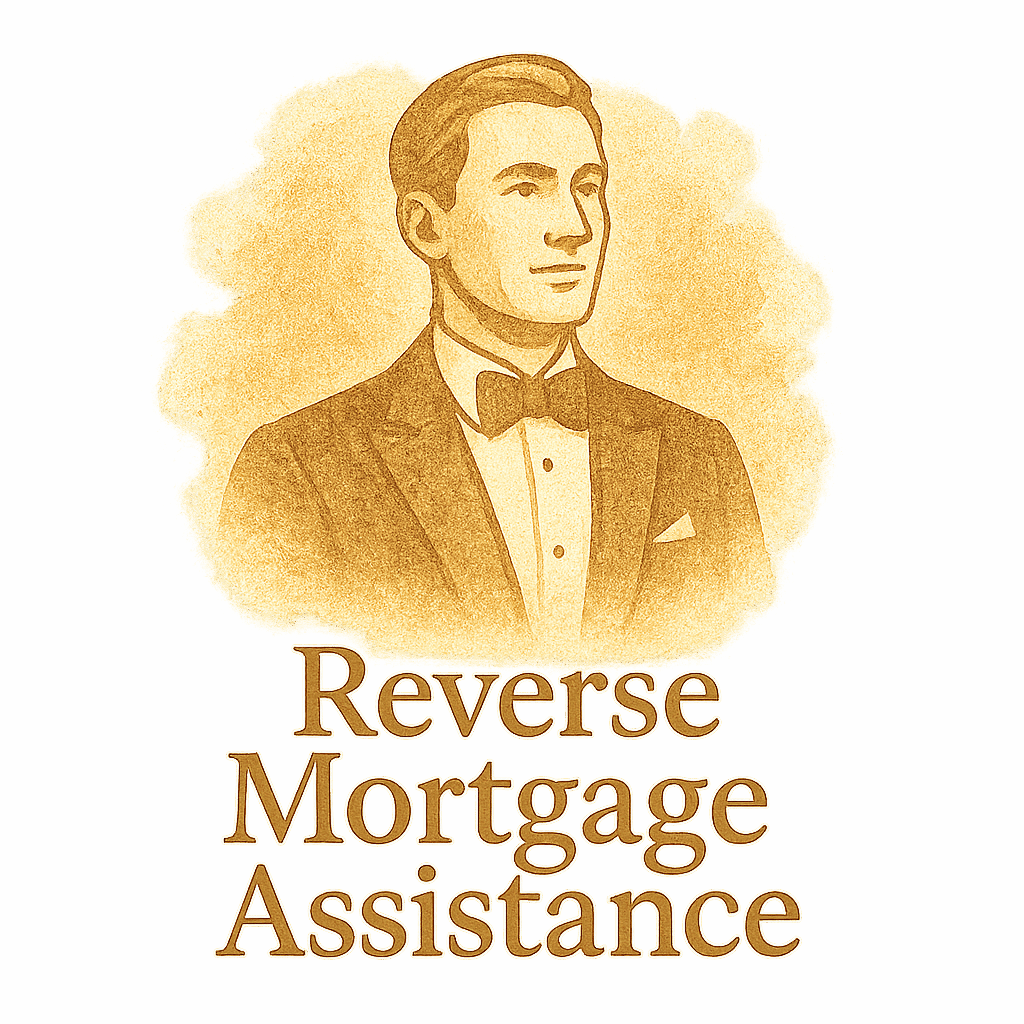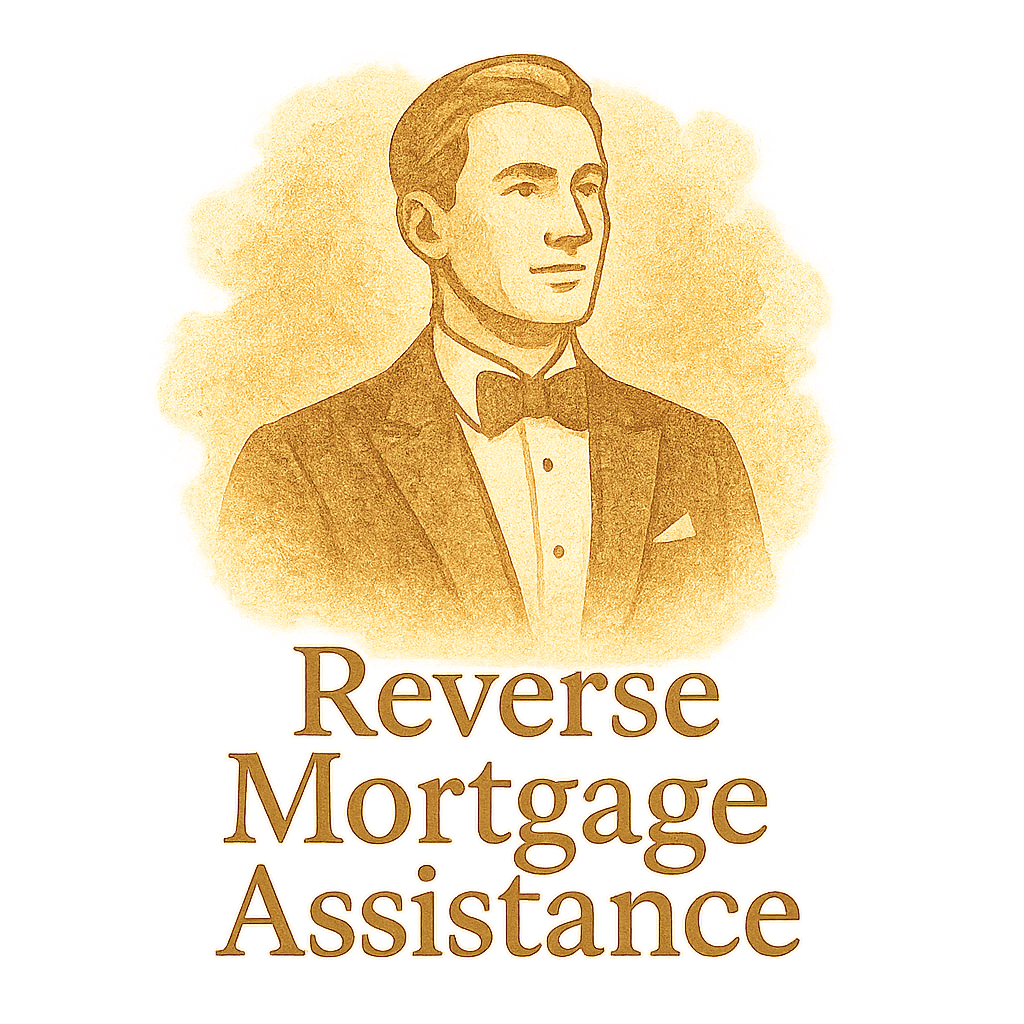Thinking about a reverse mortgage? You’re not alone. Thousands of older homeowners turn to this option every year to free up some extra cash during retirement. But before you jump in, there are a few critical questions you should ask. We’re not talking about boring legal jargon—we mean the real-life, wallet-impacting stuff.
Let’s break it down step-by-step so you can feel confident, secure, and informed.
What is a Reverse Mortgage?
Understanding the Basics
At its core, a reverse mortgage lets homeowners aged 62 and older convert part of their home equity into cash—without selling their house or making monthly mortgage payments.
Unlike traditional mortgages, where you pay the bank, in a reverse mortgage, the bank pays you. It’s kinda like turning your home into an ATM, but with a lot more paperwork and long-term consequences.
💡 Need a primer on the basics? Check out our full guide on Reverse Mortgage Basics.
Who Qualifies for a Reverse Mortgage?
To qualify, you generally need:
- To be at least 62 years old
- To own your home outright or have a small remaining mortgage
- To live in the home as your primary residence
- To maintain the home and keep up with taxes and insurance
Why Should You Consider a Reverse Mortgage?
The Appeal for Seniors
A reverse mortgage can be a lifeline for seniors struggling with rising healthcare costs or limited retirement income. It offers the ability to tap into home equity without leaving the place you’ve lived in for decades.
Common Reasons Homeowners Choose It
- Supplementing retirement income
- Covering unexpected medical expenses
- Avoiding the sale of the family home
- Financial flexibility during retirement
Question 1: Do I Fully Understand How a Reverse Mortgage Works?
The Mechanics Behind It
When you take out a reverse mortgage, you receive payments in several ways:
- Lump sum
- Monthly payments
- Line of credit
But here’s the kicker: interest accrues over time, and the loan must be repaid when the homeowner passes away, sells the house, or moves out.
Key Legal and Financial Terms to Know
Interest Rates and Fees
Reverse mortgages often come with higher interest rates than traditional loans. Plus, you might face:
- Origination fees
- Closing costs
- Mortgage insurance premiums
Curious about the fine print? Dive into our section on legal terms.
Loan Repayment Conditions
Repayment typically happens when:
- You sell the home
- You pass away
- You move out for 12 consecutive months (like into a care facility)
You or your heirs must repay the loan—usually by selling the house. Learn more about these loan contracts.
Question 2: What Are the Long-Term Implications for My Heirs?
Impact on Estate Planning
Reverse mortgages can reduce the inheritance you leave behind. That’s a big deal, especially if your home is your biggest asset.
Explore how reverse mortgages affect long-term planning in our mortgage planning resource.
Transferring Home Ownership After Death
Your heirs can choose to:
- Repay the loan and keep the house
- Sell the house and repay the loan from the proceeds
The house isn’t “lost”—but its equity might be. Find case studies about outcomes.

Question 3: Are There Alternatives I Should Explore First?
Loan Comparison and Other Options
Before signing on the dotted line, compare your options:
- Home equity loans
- HELOCs (Home Equity Line of Credit)
- Refinancing your mortgage
- Selling and downsizing
Use our detailed loan comparison tool to see how reverse mortgages stack up.
You can also browse our loan comparison tag for more real-life insights.
Downsizing or HELOCs
Sometimes, selling your home and moving to a smaller place or a retirement community makes more financial sense.
Need help preparing for that transition? Visit our preparation section.
Question 4: How Will This Affect My Government Benefits?
Medicaid and Supplemental Income Concerns
Cash received from a reverse mortgage typically doesn’t count as income. However, it can affect Medicaid eligibility if not spent in the month it’s received. This is especially important for low-income seniors relying on needs-based programs.
Social Security and Medicare Impacts
The good news? Reverse mortgage funds won’t impact your Social Security or Medicare. But always speak with a financial advisor or elder law attorney to be sure.
We break it all down in our legal and regulatory guide.
Question 5: Who Should I Trust for Advice and Guidance?
Working with Certified Counselors
Before you can get a federally-insured reverse mortgage, you’re required to meet with a HUD-approved counselor. They’re your best line of defense against scams and confusion.
You can also connect with professionals through Reverse Mortgage Assistance.
Legal and Regulatory Considerations
Reverse mortgages are regulated, but that doesn’t mean they’re foolproof. It’s critical to understand your legal obligations.
Want to know more? Visit our hub for legal terms and regulation.
Final Thoughts: Weighing the Pros and Cons
Like most things in life, reverse mortgages come with trade-offs. They offer flexibility and financial relief—but at the cost of long-term equity and potentially complicated outcomes for heirs.
They’re not one-size-fits-all. Your decision should be based on your needs, goals, and what you want your legacy to look like.
Need more guidance? Explore all our resources on reverse mortgage planning, senior support, and retirement readiness.
Conclusion
A reverse mortgage isn’t something you should rush into. But with the right questions, advice, and understanding, it can be a powerful tool for financial security.
Use this guide as your compass, talk to professionals, and remember—it’s your home, your future, your choice.
FAQs
1. Can I lose my home with a reverse mortgage?
Technically no, but if you don’t meet loan obligations like property taxes, insurance, or maintenance—you could be at risk.
2. How much money can I get from a reverse mortgage?
It depends on your age, home value, interest rates, and loan type. Older borrowers usually qualify for more.
3. What happens if I outlive the reverse mortgage?
Good news—you won’t be kicked out! As long as you live in the home and meet your obligations, the loan won’t become due.
4. Are reverse mortgage proceeds taxable?
Nope! They’re considered loan advances, not income.
5. Can I use a reverse mortgage to buy a new home?
Yes, there’s a product called HECM for Purchase that allows you to buy a new primary residence using a reverse mortgage.
6. Are reverse mortgages a scam?
Not inherently, but scams do exist. Always work with HUD-approved counselors and avoid unsolicited offers.
7. Where can I learn more about real-life experiences with reverse mortgages?
Explore our collection of mortgage case studies for firsthand insights.


